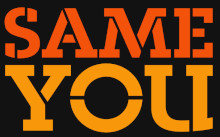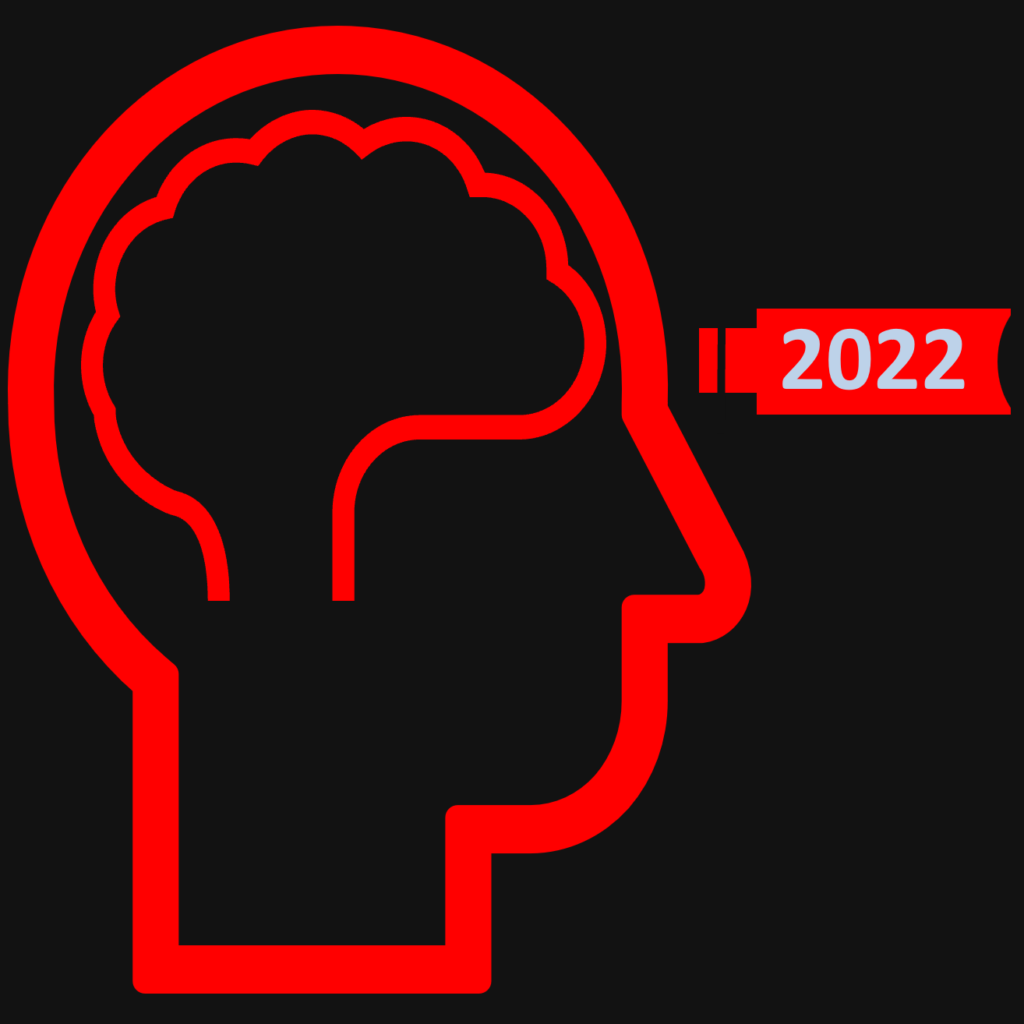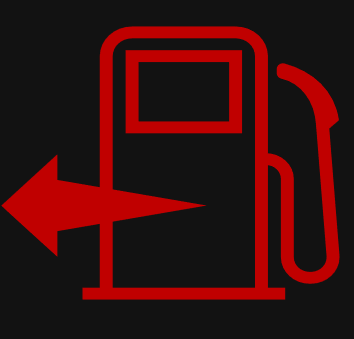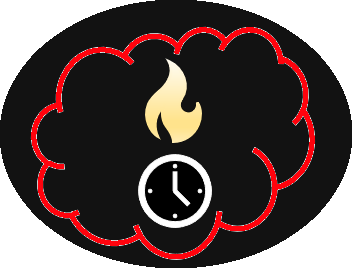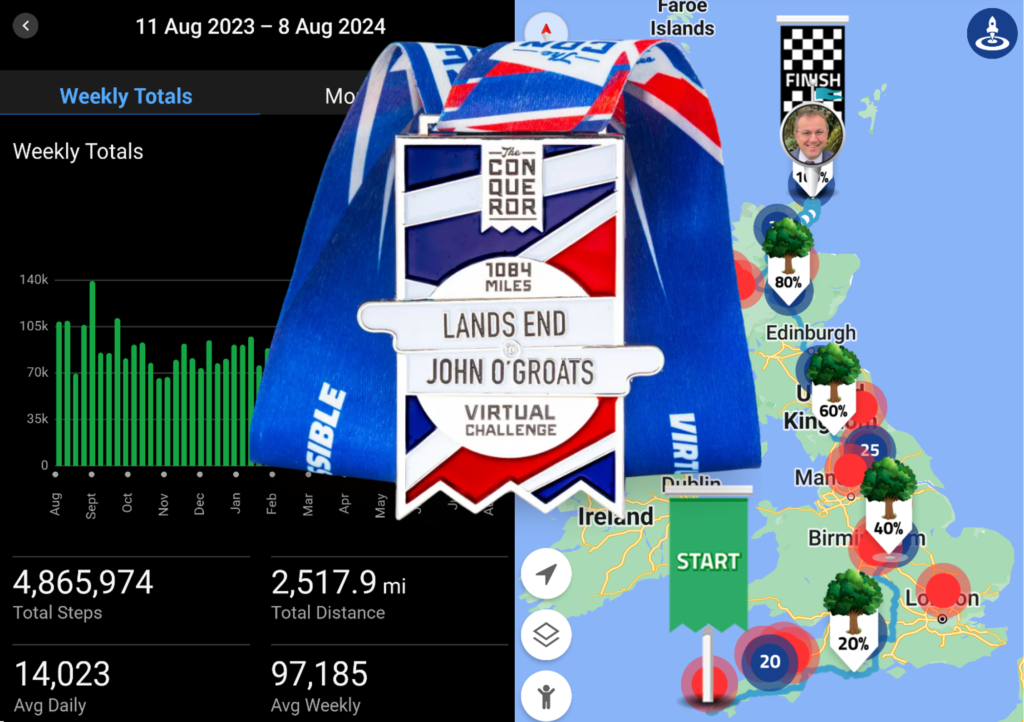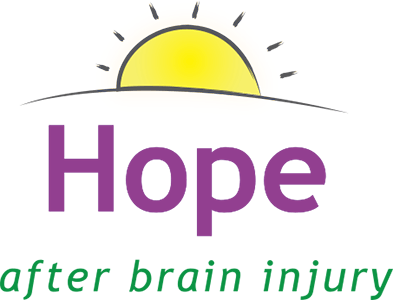It’s not my fault! (November 2024)

Introduction
Irritability is a symptom of brain injury that requires management and support. I wish I knew what I know now, before my brain injury. Brain injury reduces capacity whilst making the brain demand more energy for tasks. Challenges I used to experience, exaggerated.
Some strategies I’ve learned through necessity, should serve people without brain injury.
I have recently found nine very short professional video clips about ‘Irritability after brain injury’ on the SAMEYOU website. I’ve included the YouTube links at the end of this post.
Dr Emma Hayle states, “It’s not your fault.” Irritability, anger, frustration, agitation… Common symptoms of brain injury.
I have found her excellent descriptions and support systems more helpful than I could possibly explain. They closely relate to my Survivor Story published on the SAMEYOU website.
Context
86 billion neurons and 100 trillion connections provide electrochemical signals between different parts of the brain. The communication between brain parts with different functions is key to irritability.
Mid brain: The Amygdala is near the centre in the limbic system each side of the brain. The mid brain delivers emotional response, impulsive control and fires off signals to ‘fight or flight’ danger.
Wise brain: A more thoughtful cognitive response develops in the frontal lobes. They are necessary for a more reasoned response.
Connection issues. When the two parts don’t communicate the response is unfiltered. This can be a severe problem when experienced or witnessed.
The wise brain and mid brain may not function together effectively due to…
Brain injury. Or disinhibition from drugs and medication. Or drinking alcohol -we are not known for our wisdom when drunk. Or mental health issues such as fear, anxiety… Or a powerful dangerous combination.
After brain injury the mid brain often responds when not under threat. Stimulated by feeling more vulnerable, traumatic memories, incident reminders, even leaving the house.
It takes a lifetime to learn who you are and what you can do. Having to instantly relearn a new self and capacity creates doubt, fear, anxiety and failure. Loss of job, role, purpose and status. The mid brain may provoke unnecessary ongoing alerts.
After a while the wise brain may kick back in and recognise the response triggered by the mid brain was not appropriate. The resulting guilt, despair and exasperation is excruciating. If you can’t trust yourself, what can you trust?
Cognitive overload – completely overwhelmed.
‘My cup runneth over.’ A negative not a positive. Overwhelmed, overburdened, overloaded and failing to hold on. The urgent need to regain capacity and cope, may only be possible through a controlled refreshing release and restart. Medical irrigation controlling irritation.
‘My cup is half full’ A positive not a negative. A half full cup can cope with more.
Following brain injury, activities require more effort and energy than before. Brain energy is consumed rapidly while more extended neural networks are required to bypass routes and destinations no longer available. This includes background tasks such as breathing, healing and digestion.
There is not much space left in my cup (container, capacity, control) for day-to-day activities.
For me and for many, triggers of cognitive overload include…
Additional information when already on task.
A sudden change of plan.
Interruptions and long to-do lists.
Noisy and visually stimulating places.
(Crowds, parties, family gatherings, church…)
Too much information from multiple sources simultaneously.
Unrealistic expectations from others and from self.
Shopping.
(Choices, scanning for more information than expected, out of stock requirements, product relocation, checkout failure…)
Ignoring fatigue.
Making endless decisions.
Irritating sentence starters from my own thinking and from others.
(e.g. If I do… If I don’t… Would you just… It’s just that… Just one more thing… Just remember to… Yesterday you managed X so today you can…. It’s only a… It will only take… You only need to… We don’t often… You used to… You need to… Now is the moment to…)
A calm cognition and awareness of what provokes irritability, can help build a safer lifestyle within a framework for functioning to avoid repeating crisis points.
Learning my new framework has helped enormously. I accept that others will not, “get it” or “get me” at all.
Tasks require more capacity than before, from a brain that has less capacity available. Refreshed awake time is my most valuable resource.
Framework for functioning.
Managing memory. Google calendar and Microsoft OneNote have become my friends.
Managing fatigue. I have been told I should, “Only miss afternoon sleep in exceptional circumstances.” Fatigue continually reduces IQ and problem-solving ability. This loss of capacity has been measured and recorded by a helpful NHS neuropsychologist.
Staying awake requires effort that changes mood. I’m like an electric car requiring frequent recharge points. Fatigue awareness causes range anxiety. Knowing the next recharge point helps.
Mindfulness. Slowing down and becoming more aware of self and how I am functioning. A time of reflection for resilience. Mindfulness increases function of the wise brain. Purposful pauses and prayer.
Regular exercise. The repetition and flow of regular walking and occasional cycling helps. My wife took me walking when I was overwhelmed.
I now walk independently and regularly with my dog. This gets me away from any more attention-grabbing requirements whilst providing beautiful outdoor variety and views.
Justified relaxation. Sitting, listening to music, watching TV, massage, reading, writing and prayer.

Cognitive reserve. I deliberately leave some capacity for difficult and unpredicted situations. I don’t push ahead tired because I used to be able to catch-up at the weekend.

Escape. Walking away when irritated is easier than trying to stay calm and deal with issues immediately. It may annoy others but it’s best to catch up when calm.
I do this to avoid confrontation, not issues. Challenges are better dealt with when calm and before crisis point.
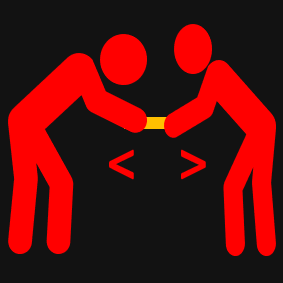
Deliberate dialogue. Microsoft PowerPoint facilitates big landscape notes to help keep on track when speaking publicly. If interrupted I can otherwise forget what I’ve just said.
Talking to many is possible. Many speaking around me overwhelms. Formal discussion is more effective.
Having some control of my life.
Sharing. I write and talk to friends and family to better explain this framework for functioning.
Feeling valued, purposeful and hopeful. Reasoned hope. Unreasonable hope can lead to false expectations and feelings of failure.
Conclusion
Physical, emotional, reasonable and spiritual. My wise reasoning brain needs help to control my emotional quick fire brain. My head needs to be fed and led by my heart.
This requres deliberate activity within a framework for fuctioning effectively.
Writing this guidance feels great. Much easier than following it.

YouTube links
Irritability after rain injury.
Part 3: Fight or flight (4:25)
Part 5: Cognitive overload (5:41)
Part 7: Ways to manage your external environment (3:51)
Part 8: Ways to manage your internal environment (6:15)
